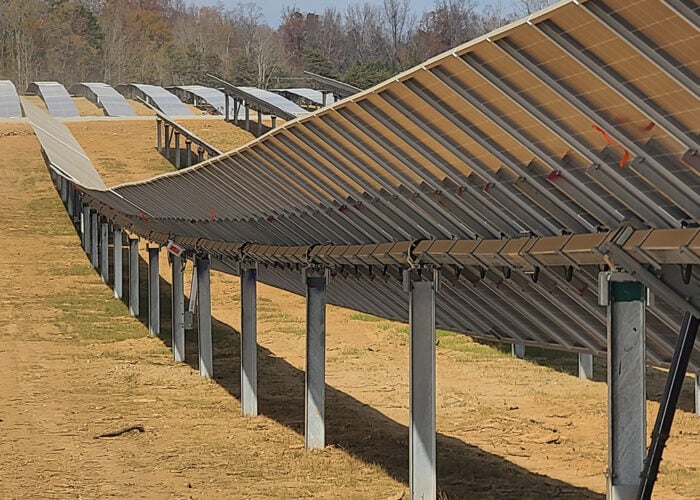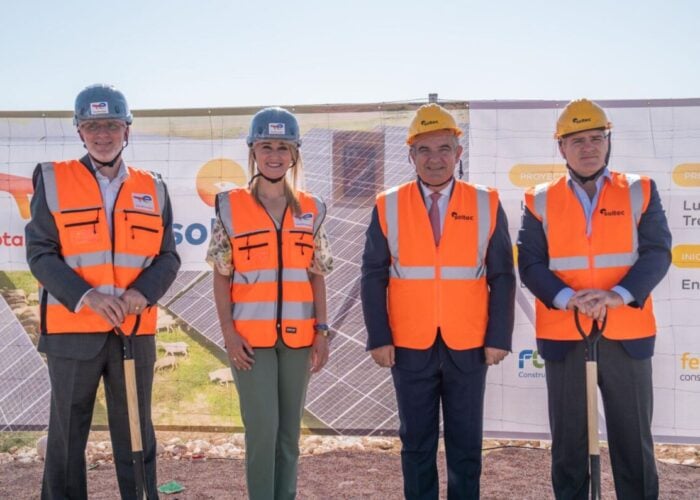Germany has received more than 170 submissions for its first competitive large-scale solar PV tender, leaving the round significantly oversubscribed.
The deadline for submissions expired last week and yesterday the Bundesnetzagentur (BNetzA) revealed the number of applicants for a total 150MW of projects had been higher than expected.
Unlock unlimited access for 12 whole months of distinctive global analysis
Photovoltaics International is now included.
- Regular insight and analysis of the industry’s biggest developments
- In-depth interviews with the industry’s leading figures
- Unlimited digital access to the PV Tech Power journal catalogue
- Unlimited digital access to the Photovoltaics International journal catalogue
- Access to more than 1,000 technical papers
- Discounts on Solar Media’s portfolio of events, in-person and virtual
Rainer Baake, state secretary at Germany’s federal ministry of economics and technology, said that the high levels of participation in the round demonstrated that there are “no major obstacles in the process” and that developers had accepted the submissions process.
Baake also praised the “variety and diversity” of developers competing in the tender, stating that it was a “good sign” that a broad number of companies remain interested in the tender process.
The BNetzA is now considering the feasibility of the projects and winning tenders are to be announced at a later date.
Jochen Homann, president of the Federal Network Agency, also confirmed additional details regarding future tender rounds, including those later this year.
A total volume of 500MW is to be awarded this year and the next bidding round deadline has been confirmed as 1 August, with a third and final round scheduled for later in the year.
A further 400MW of large-scale solar projects will be awarded in 2016, followed by 300MW in 2017 to complete the 1.2GW allocation for large-scale solar projects set aside in Germany’s plans to install 7.5GW of new PV generation capacity across the entire market.
The plans, approved at the end of January by Germany’s cabinet, have been heavily criticised by industry bodies who have argued that capping large-scale solar deployment to be counterintuitive.
“It doesn’t make sense to reduce market volumes over a time when prices are becoming ever more attractive,” European Photovoltaic Industry Association public policy director Frauke Thiess told PV Tech earlier this year.







